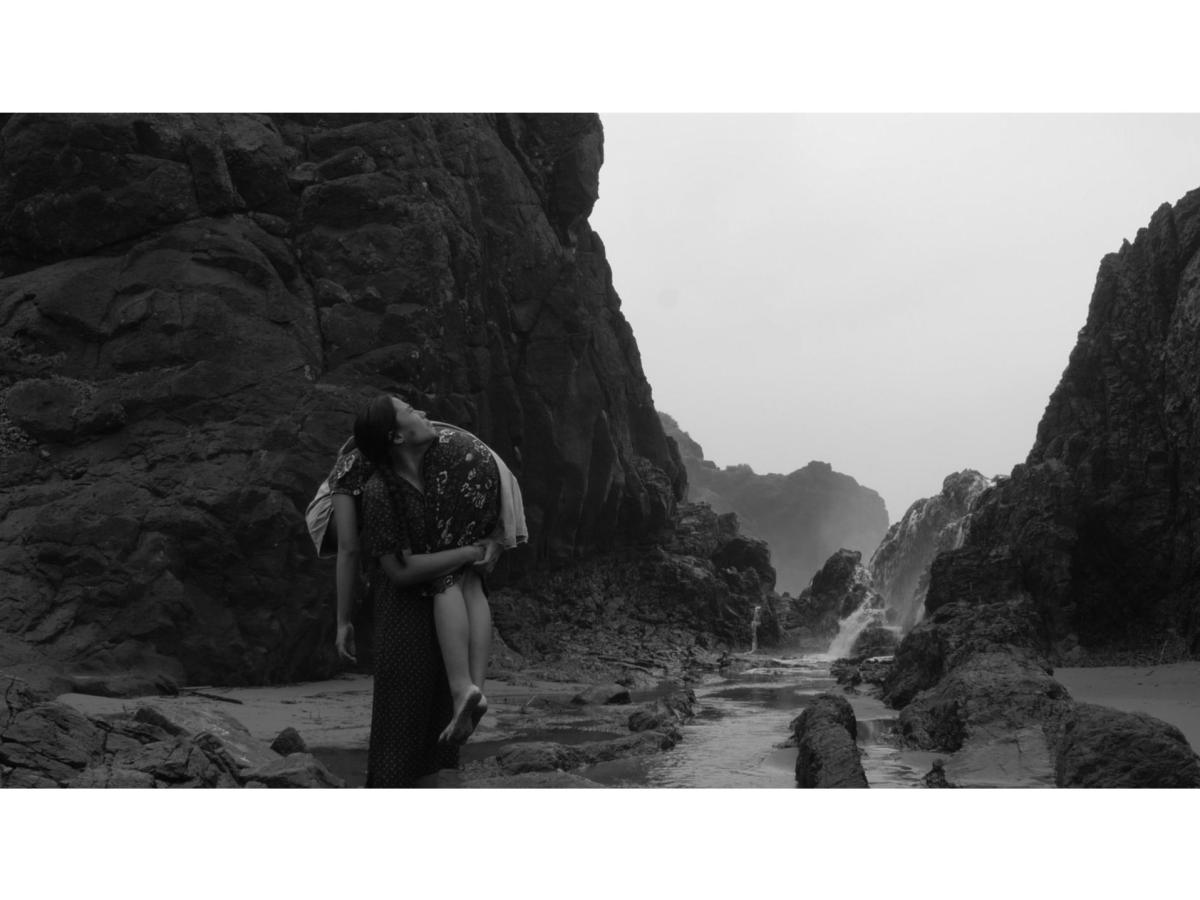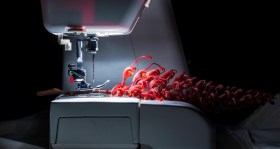Image: Lav Diaz, Production still from From What Is Before, 2014. Director: Lav Diaz. Image courtesy: the artist and Sine Olivia Filipinas, Manila.
Cinema has been an integral part of the Asia Pacific Triennial of Contemporary Art (APT) since the opening of the Gallery of Modern Art (GOMA) in 2006. Since then a range of projects have examined cinematic linages and contemporary concerns throughout the regions and APT8 is set to continue this tradition with three cinema projects.
José Da Silva, Senior Curator and Head of the Australian Cinémathèque explained, ‘They are self-contained programs but also talk to some of the exhibition’s broader concerns, particularly the way the body has been affected by modernity and activated by economic, religious and political situations.’
The program includes a focus on Filipino filmmaker Lav Diaz, a leading figure of contemporary cinema.
Diaz allows moments of emotional storytelling to unravel in real-time. His films run between four and 12 hours long so the 13 Diaz works in the program provide 70 hours of screen time. ‘They’re majestic works that have more in common with literature [than film] in some sense,’ said Da Silva.
Diaz is also a leading figure of an era of digital filmmaking in the Philippines which emerged with the arrival of affordable, portable technologies in the early 2000s. The flourishing of independent and experimental art and cinema afford by digital filmmaking is explored in the parallel program ‘Filipino Indie’, which features fiction, documentary and video art. The program includes the work of Brillante Mendoza whose work blurring documentary and fiction has been both celebrated, and also been criticised as ‘poverty porn’ for its depiction of the oppressed and impoverished. An important anchor in ‘Filipino Indie’ is the work of Nick Deocampo, whose quasi-documentary Super-8 works examine sexuality and the oppressive political history of the Philippines Da Silva describes as ‘incredible montages of personal and collective protest’.
‘Filipino Indie’ has been curated with Manila-based artist Yason Banal, whose new video work An Untitled Episode screens throughout APT8. A curatorial essay-turned-video, ‘it brings together a range of materials that explores moving image culture in the Philippines’.
The third cinema project ‘Pop Islam’ has been developed in response to the continued polarisation of Islam in Australian media and politics. It will commence with a performance of Anasheed, Islamic spiritual songs performed by a Sydney-based group who identify as Islamic Sufis. The performance will mark the beginning of a project encouraging tolerance and respect for religious difference. Co-curated with Australian-Lebanese artist Khaled Sabsabi, ‘Pop Islam’ brings together more than 50 works from the contemporary Islamic world, reflecting ‘a diversity of experiences and opinions about religious practice and identity,’ said Da Silva.
There are some extraordinary works in the program including the controversial documentary A Sinner in Mecca by Indian-born, USA-based artist Parvez Sharma. ‘Sharma as an openly gay man uses his Hajj pilgrimage to Mecca as an opportunity to reflect on his relationship to Islam, and to reconcile tension with his sexuality and spiritual path,’ said Da Silva. Other offerings include the rarely seen Arabic version of Moustapha Akkad’s religious epic The Message 1976, strong examples of citizen journalism emerging out of uprisings throughout the Arab world, and works by an Australian artist working in Bangladesh, Omar Chowdhury.
The free screenings have been programmed to allow maximum opportunity for audiences to experience APT8’s offerings. Lav Diaz’s epic works will be screened intermittently across the duration of exhibition. ‘It’s very rare to see this many together,’ said Da Silva. ‘I’ve spaced them out to give them breathing room and hopefully a local audience will come on the journey.’
For interstate visitors there will be screenings every Wednesday, Friday, Saturday and Sunday. ‘You can make a weekend of it and combine a number of screenings across the three interwoven programs, as well as seeing the exhibition.’
APT8 Cinema will run from 21 November 2015 – 10 April 2016. For more information visit the website.




